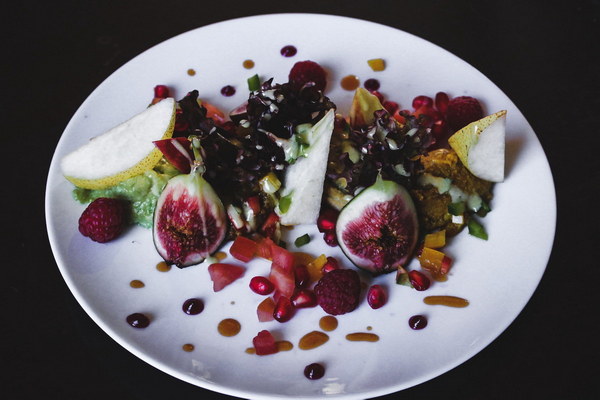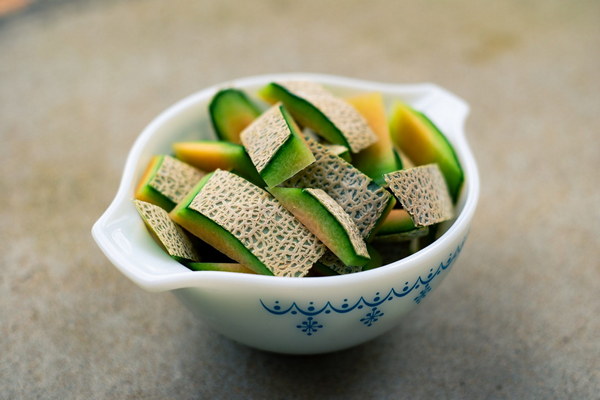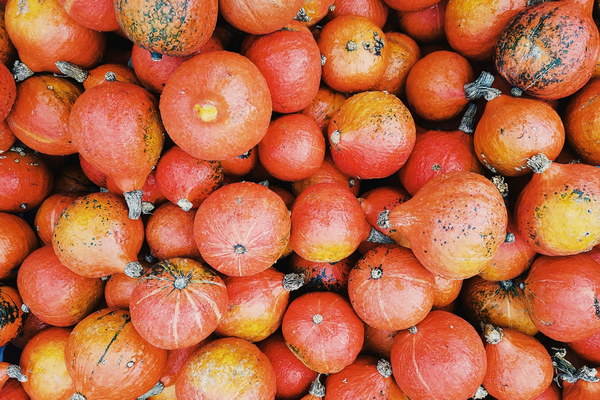Revitalize Your Vitality Discover the Wonders of QiBuilding and StomachNourishing Herbal Diets
In the realm of traditional Chinese medicine, the concept of balancing the body's internal harmony is of paramount importance. One such holistic approach is the use of Qi-building and stomach-nourishing herbal diets, which aim to replenish vital energy and support digestive health. This article delves into the world of these rejuvenating remedies, offering insights into their benefits and practical tips for incorporating them into your daily routine.
Understanding Qi and Stomach Function
In traditional Chinese medicine, Qi (pronounced chee) is considered the vital life force that flows through the body, providing energy and maintaining health. The stomach, known as the Sea of Qi, is the primary organ responsible for transforming food into usable energy. When Qi is deficient or when the stomach is not functioning optimally, various health issues can arise.
Herbal Diets for Qi-Building and Stomach-Nourishment
The following herbal diets are designed to replenish Qi and nourish the stomach, promoting overall health and vitality:
1. Ginseng and Licorice Tea
Ginseng (Panax ginseng) and licorice (Glycyrrhiza uralensis) are two of the most renowned herbs in traditional Chinese medicine. Together, they are known to boost Qi and improve digestion. Brew a cup of ginseng and licorice tea by steeping 2 to 3 slices of ginseng and 1/2 teaspoon of licorice root in 8 ounces of hot water for 15 minutes. Sip this tea throughout the day for optimal benefits.
2. Goji Berry and dates

Goji berries (Lycium barbarum) and dates are natural Qi-boosters that also help to strengthen the stomach. Simply mix a handful of goji berries and a handful of dates in a blender with a cup of water and blend until smooth. Drink this refreshing goji date smoothie daily for a revitalizing boost.
3. Chinese Astragalus Soup
Chinese astragalus (Astragalus membranaceus) is a potent Qi-building herb that is often included in soups and stews. To prepare a Chinese astragalus soup, combine 1/2 ounce of astragalus with 1/2 cup of diced carrots, 1/2 cup of diced celery, 1/2 cup of diced onions, 1/2 cup of diced potatoes, and 1 cup of chicken or vegetable broth. Simmer for 30 minutes, then season with salt and pepper to taste.
4. Codonopsis and Chicken Soup
Codonopsis (Codonopsis pilosula) is another herb that is excellent for building Qi and supporting stomach health. To make codonopsis chicken soup, combine 1/2 ounce of codonopsis with 1/2 cup of diced carrots, 1/2 cup of diced celery, 1/2 cup of diced onions, and 1 cup of chicken broth. Add 1 whole chicken and simmer for 1 hour. Season with salt and pepper to taste.
Incorporating Herbal Diets into Your Daily Routine
To fully reap the benefits of Qi-building and stomach-nourishing herbal diets, consider the following tips:
- Consistency is key. Incorporate these herbal remedies into your daily routine for best results.
- Pay attention to your body's response. If you experience any adverse reactions, consult with a healthcare professional.
- Combine herbal diets with a balanced diet and regular exercise for optimal health.
- Consider using a combination of these remedies for a synergistic effect.
In conclusion, Qi-building and stomach-nourishing herbal diets offer a natural and effective way to enhance vitality and support digestive health. By incorporating these remedies into your daily routine, you can promote a balanced and harmonious state of being, leading to a happier and healthier life.









